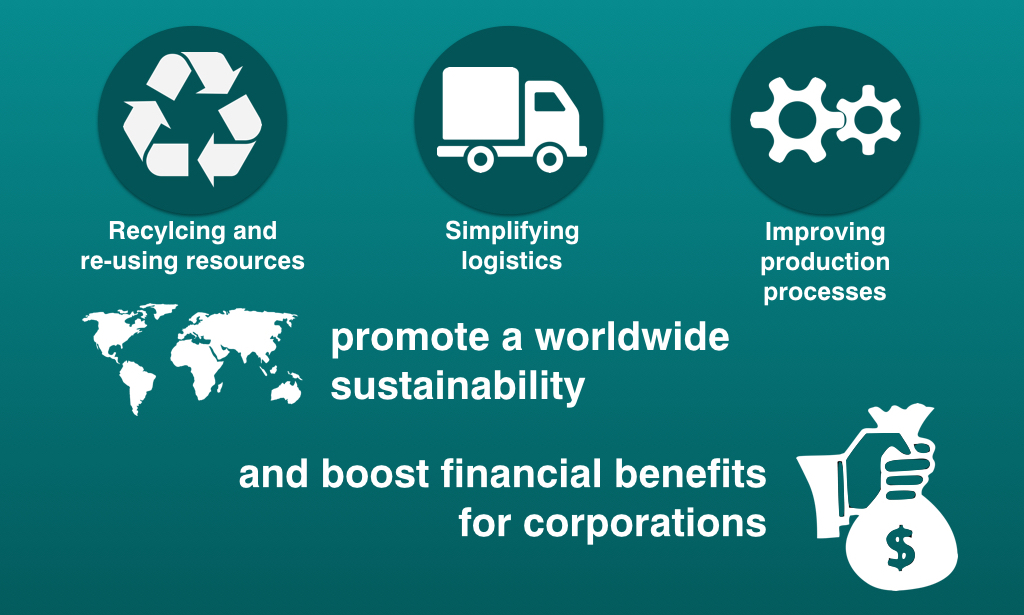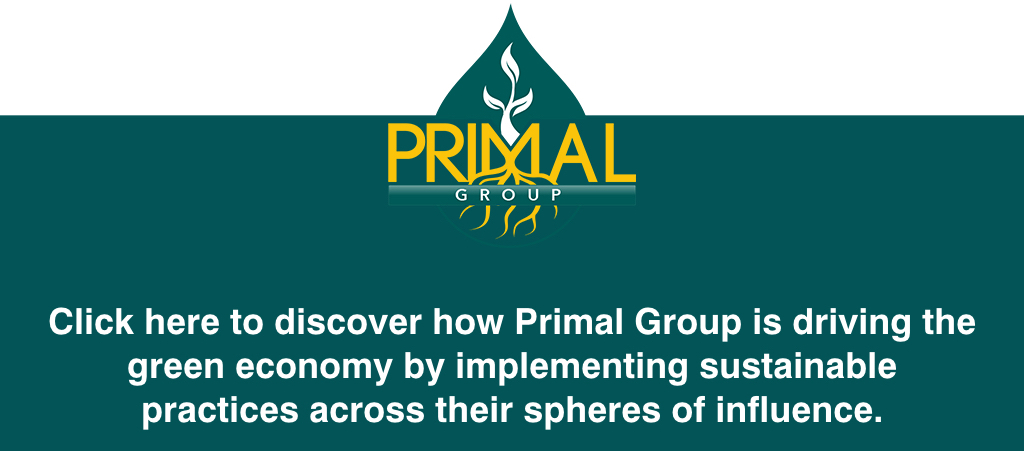A global economic slowdown, drastic increases in terrorism, unprecedented levels of migration, corruption scandals, deepening inequality and persisting volatility in global financial markets will continue to generate global political and economic turbulence that will powerfully influence business performance and sustainable development progress in the long term.
Furhtermore, climate change, rising populations, increasing energy use, diminishing water reserves, the degradation of arable land and a myriad of other challenges are also placing further pressure on the world’s largest corporations and political institutions. Fortunately, these organizations are discovering that the most effective green initiatives are often measures that all well-run organization should embrace as standard practice, not only for the benefit of mankind but also for their own balance sheet.
New efforts are now emerging to drive social, environmental and financial responsibility that better serve society’s needs while working to embed and activate a greater purpose in commercial operations.
Momentum for the reform of the global financial system is also building. We have already come so far. Last year saw the largest ever-annual investment in renewable energy, with $329 billion invested in wind, solar, and biomass globally. There has also been a continued growth in investments in green bonds, which reached $41.8 billion in 2015. Some banks and investment funds are taking action as well – the New York State Retirement Fund and Goldman Sachs recently launched a $2 billion low-carbon fund and Barclays are doubling down on their commitments to green financing.
Over the last decade the world’s biggest retailer Wal-Mart saved $1 billion annually by simply changing the routes of its vehicle fleet and doubling the efficiency of each delivery. Veolia, a French conglomerate with businesses ranging from energy to waste management, has found a way to extract valuable rare metals, such as palladium, from rubbish. Nike has engineered Flyknit technology, which allows sports shoes to be woven rather than sewn together thereby cutting waste by four-fifths and earning revenues of about $1 billion in 2014. These are the ideas, backed by commercial as well as environmental value, that will give corporate greenery a better reputation.
In developing economies, localized, internally focused sustainable models are emerging across all sectors, as businesses such as our own fill the void left by inadequate public services and infrastructure. Our sustainable agricultural projects in Brazil address a wide range of social and environmental issues, including local employment, education and skills training and even helping to boot health, food and water security around the world. We embrace the innovations in sustainable agriculture that will transform our global production system.
The United Nations Sustainable Development Goals and the COP21 Agreements introduced to the world in 2015 have now set the stage for a new era of inclusive capitalism. Doing business with purpose will develop prosperity for all involved, including all of the company’s stakeholders, employees, communities, customers, suppliers and our environment. Creating win-win scenarios are at the very heart of this corporate revolution and will drive prosperity in all sectors and across all geographies for generations.

